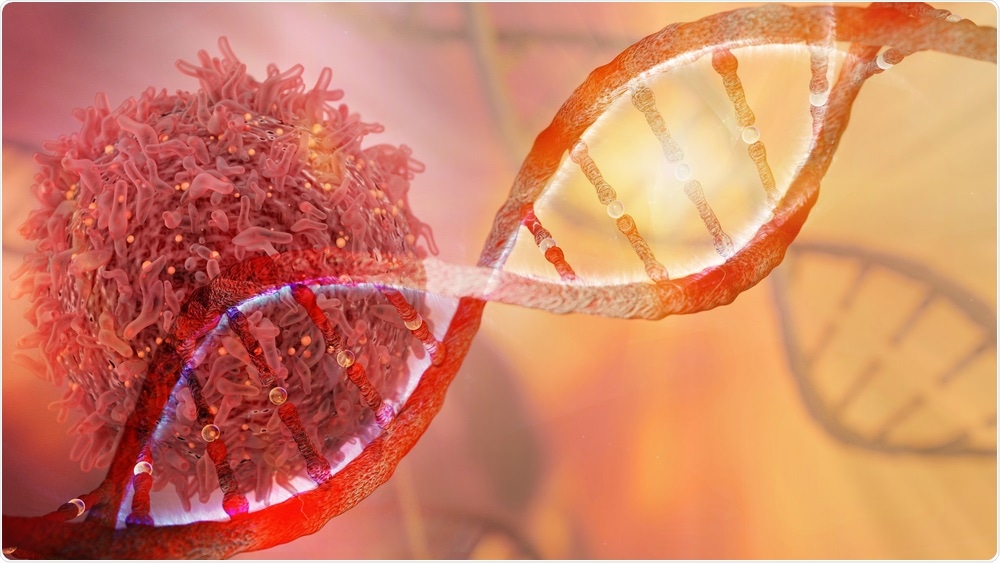Researchers at Brigham and Women's Hospital have engineered cancer cells that track and kill cancer cells. The modified cancer cells have demonstrated anti-cancer efficacy in preclinical studies, destroying both primary and metastatic tumours.
 © CI Photos/Shutterstock.com
© CI Photos/Shutterstock.com
Each year over 8 million people die from cancer worldwide. With increasing life expectancy, the incidence of cancer is rising and it has been estimated that by 2030 over 20 million people will be diagnosed with cancer annually. Already most people today have been affected by cancer either directly or indirectly.
The development of novel prevention and treatment strategies has dramatically improved cancer survival rates. However, cancer remains the number one cause of death for people under the age of 85 years. The majority of cancer mortalities are the result of metastases.
Metastatic cancer arises when cells from the primary tumour enter either the blood or lymphatic system and then establish themselves in other tissues. Tumour cells have a remarkable homing ability which enables them to travel from a distant location to a tumour site, whereby facilitating the congregation of tumour cells at the new site.
This remarkable self-homing ability of tumour cells has now been harnessed to develop a novel anti-cancer therapy. Researchers have genetically engineered tumour cells to include a cytotoxic mechanism. When introduced into the body the tumour cells are drawn to tumour sites, delivering the treatment exactly where it is required. This overcomes the difficulty in delivering anti-cancer drugs specifically to the tumour site without damaging healthy cells.
Study author Khalid Shah explained:
Cell-based therapies hold tremendous promise for delivering therapeutic agents to tumours and may provide treatment options where standard therapy has failed. With our technique, we show it is possible to reverse-engineer a patient's own cancer cells and use them to treat cancer. We think this has many implications and could be applicable across all cancer cell types"
The team at Brigham and Women's Hospital created CRISPR-enhanced, reverse-engineered cancer cells with a 'kill switch' to provide targeted treatment for destroying tumours. The approach can be employed using either pre-engineered tumour cells, which need to be tissue-matched to the recipient patient, or tumour cells harvested from a patient's tumour, which can be genetically modified and reintroduced.
Both approaches have been tested in mouse models of primary and recurrent brain cancer and breast cancer that has spread to the brain. In both cases the engineered tumour cells travelled directly and specifically to the sites of tumours. The "kill switch" that had been incorporated into the genome of the modified tumour cells was then activated. Primary, recurrent and metastatic tumours in the mice were successfully destroyed. The treatment was found to increase the survival of the mice.
Shah commented: "Our study demonstrates the therapeutic potential of using engineered tumour cells and their self-homing properties for developing receptor-targeted therapeutics for various cancers"
Following these promising preclinical results, the team is now developing a potential roadmap for treating primary, recurrent and metastatic cancers in clinical practice.
Sources:
- Brigham and women's hospital press release 11 July 2018. Available at https://www.eurekalert.org/pub_releases/2018-07/bawh-ecc070518.php
- Reinshagen C, et al. CRISPR-enhanced engineering of therapy-sensitive cancer cells for self-targeting of primary and metastatic tumors. Science Translational Medicine 2018;10(449):eaao3240 doi: 10.1126/scitranslmed.aao3240